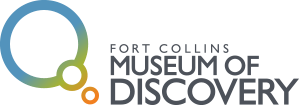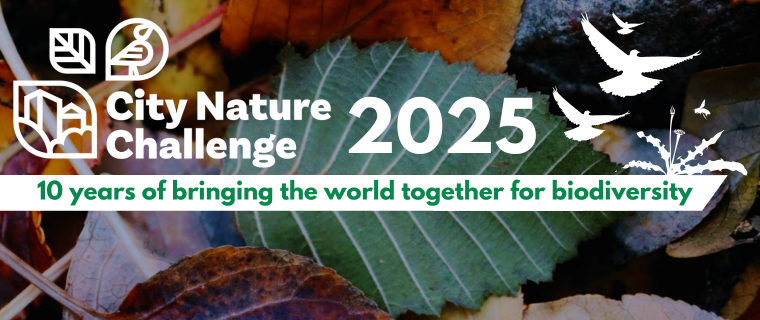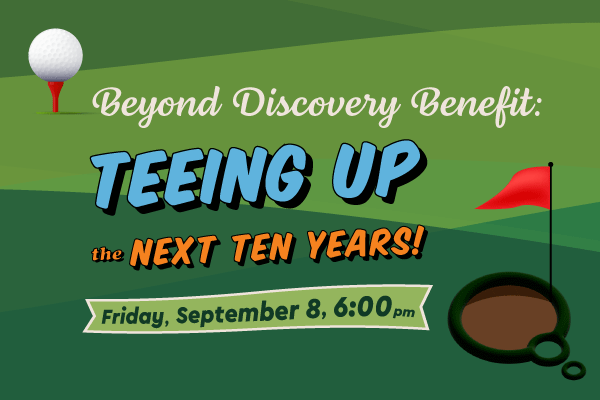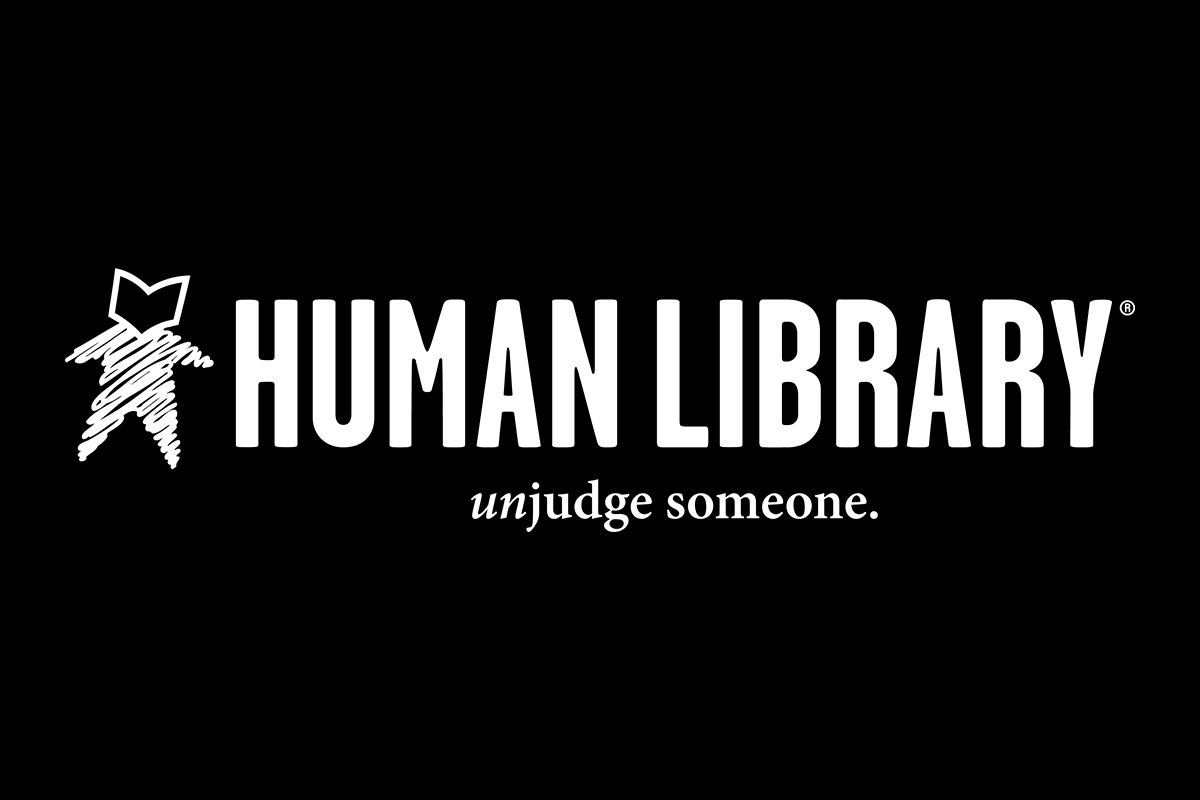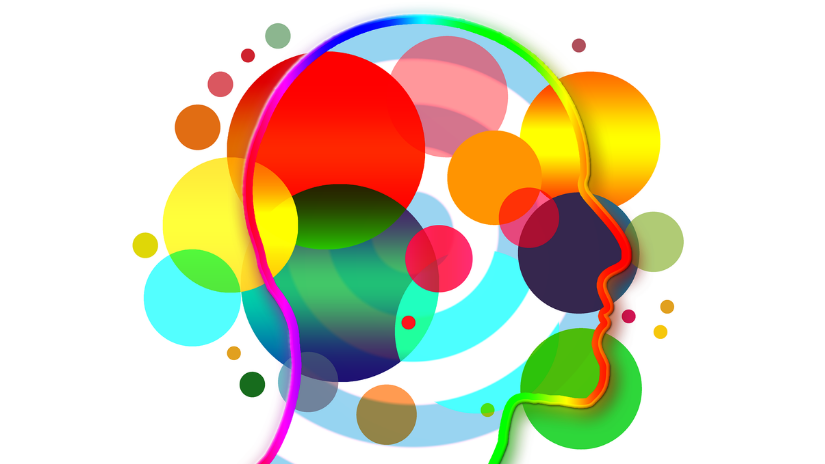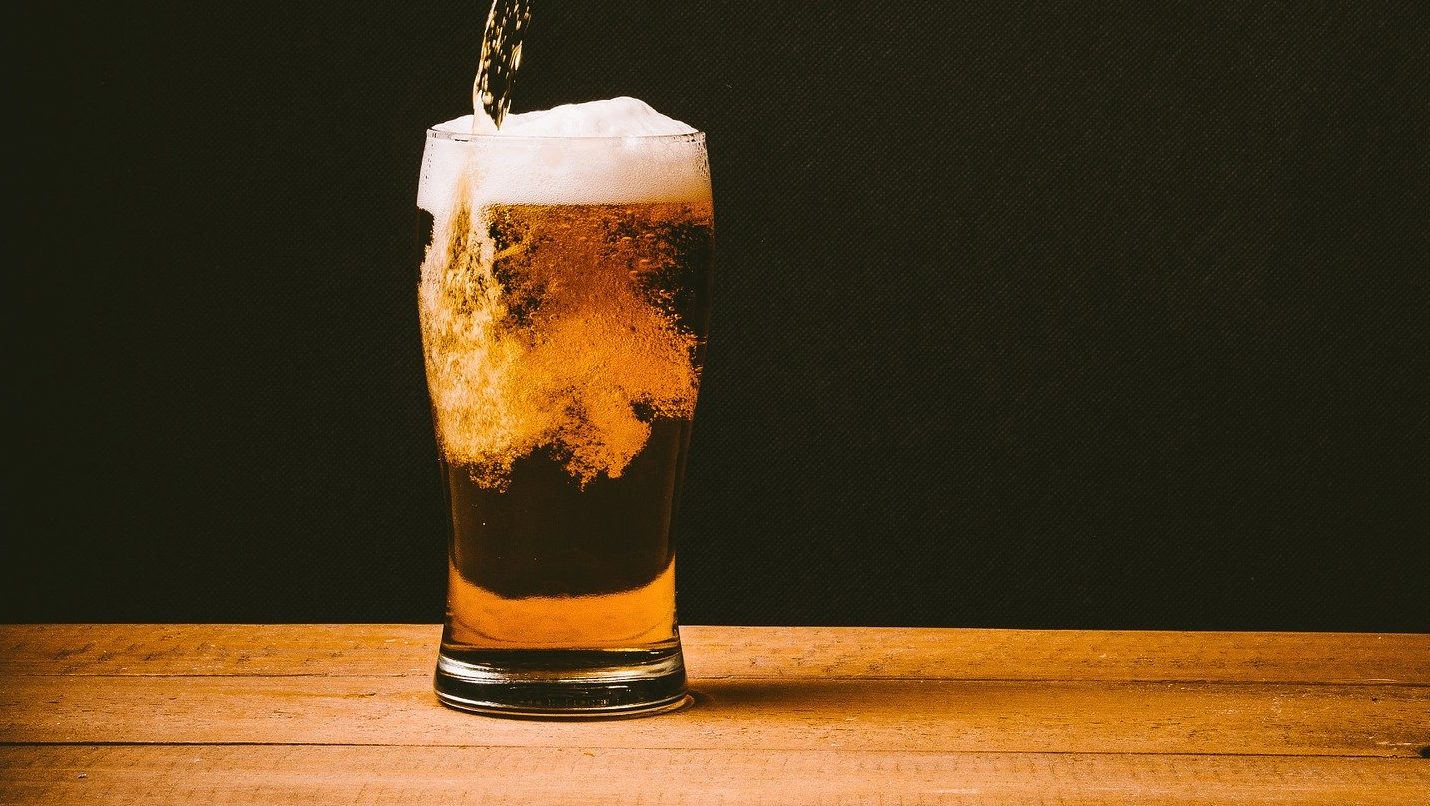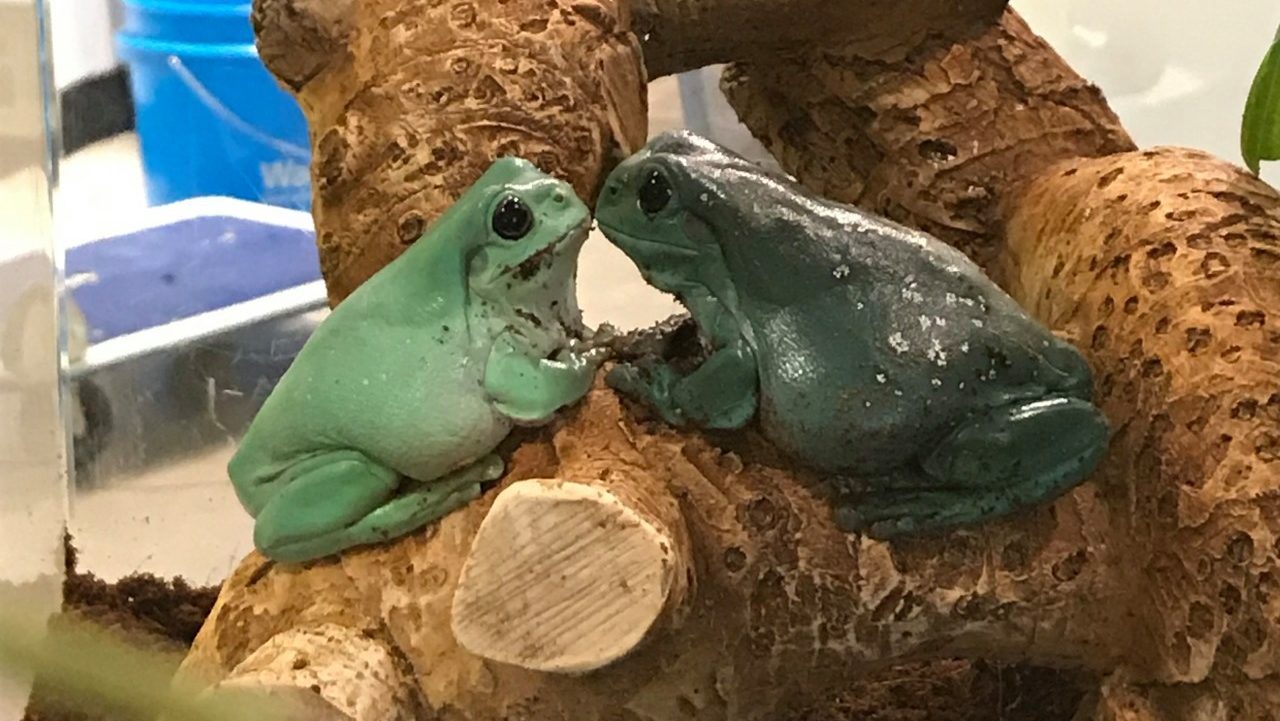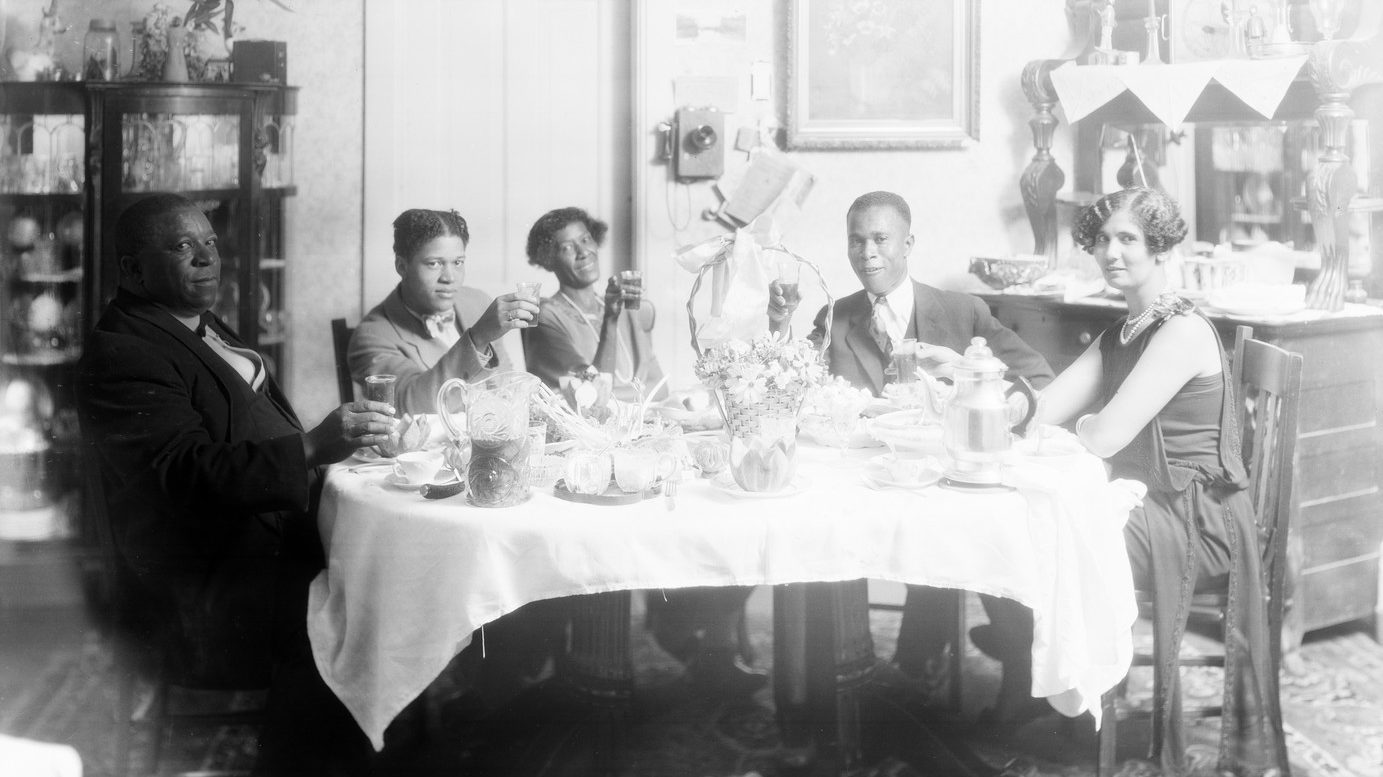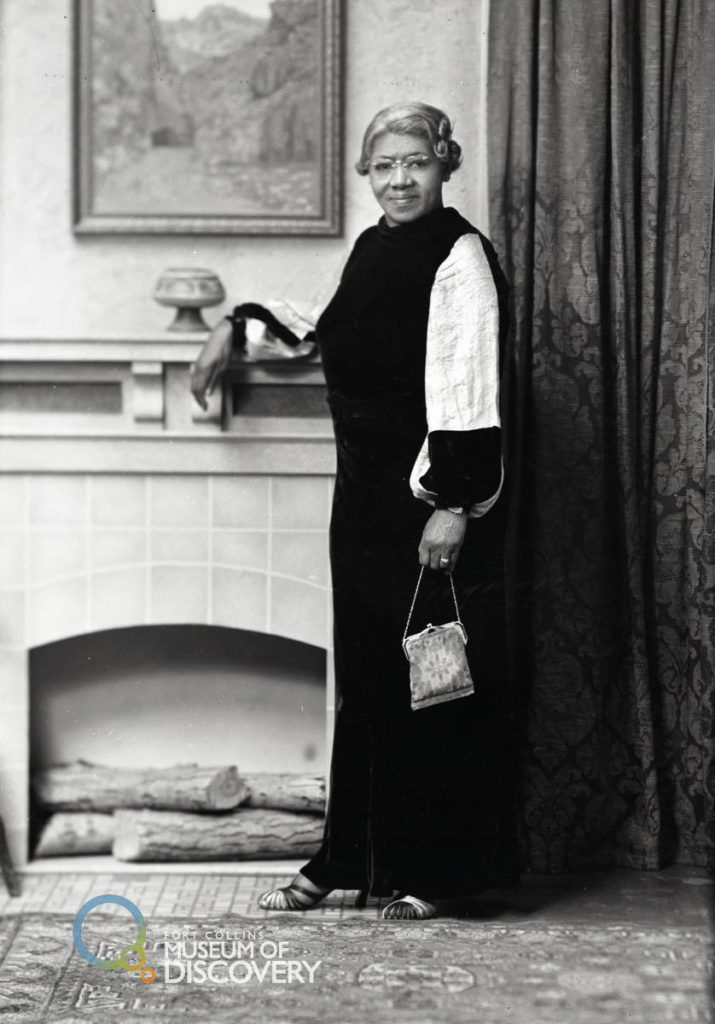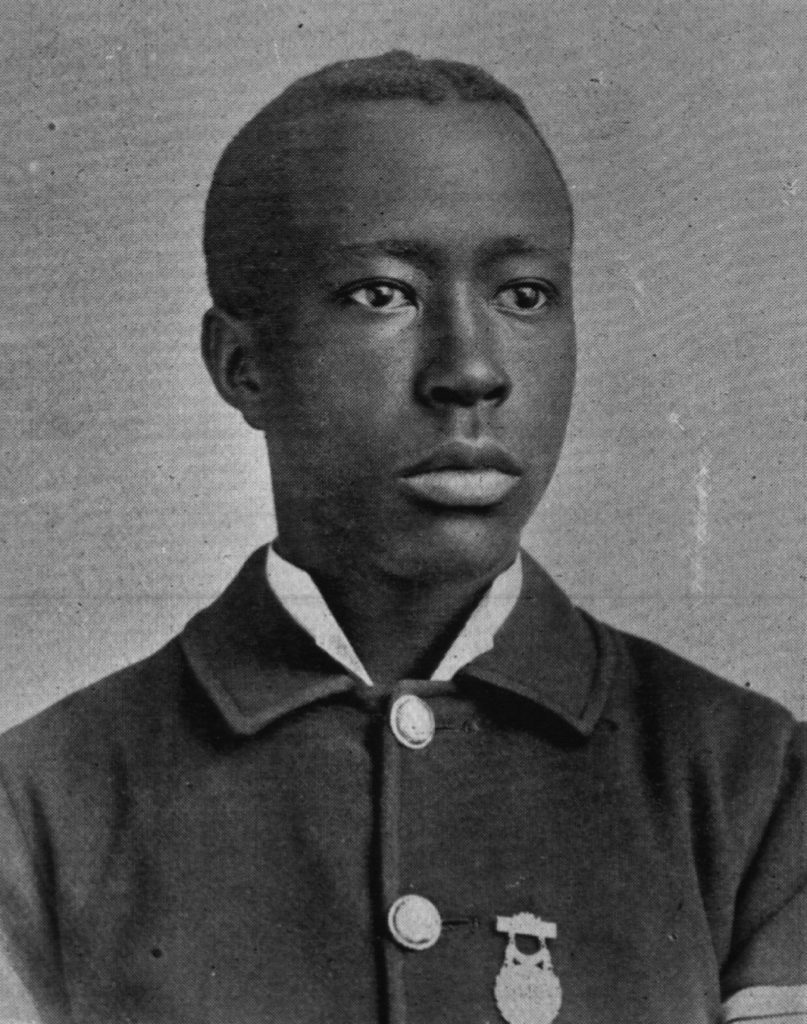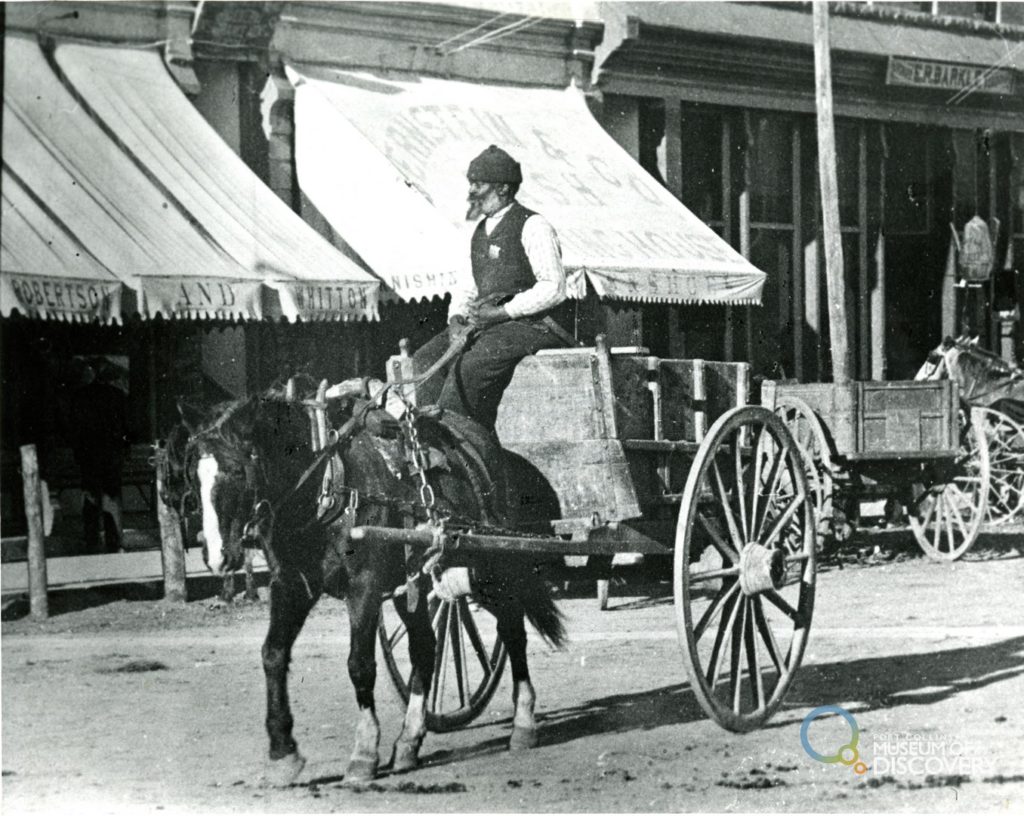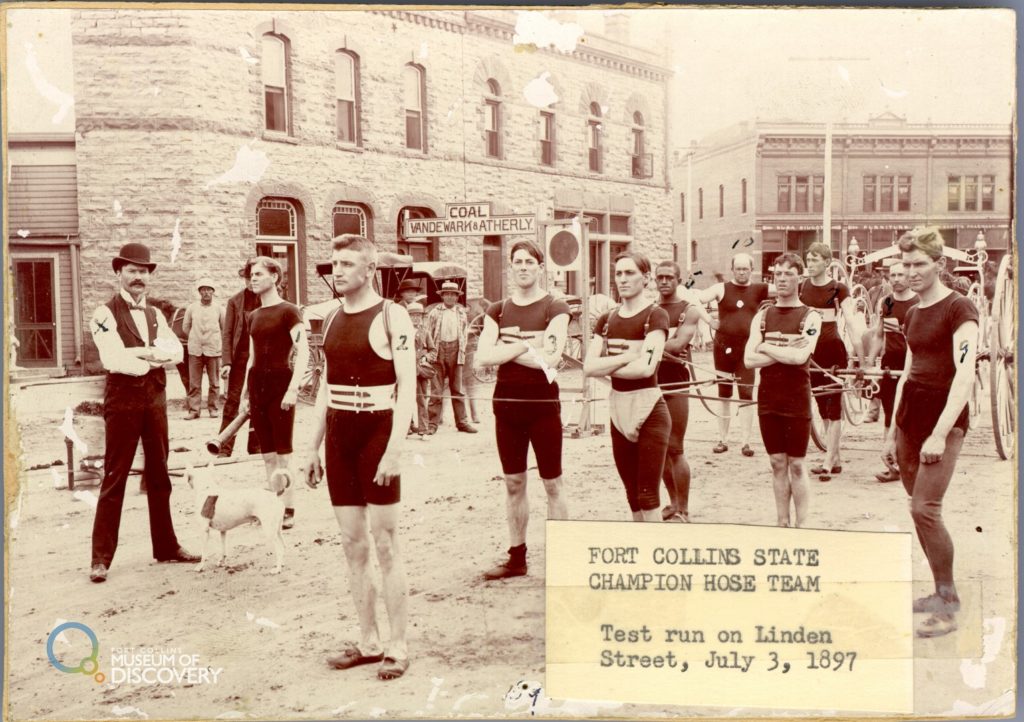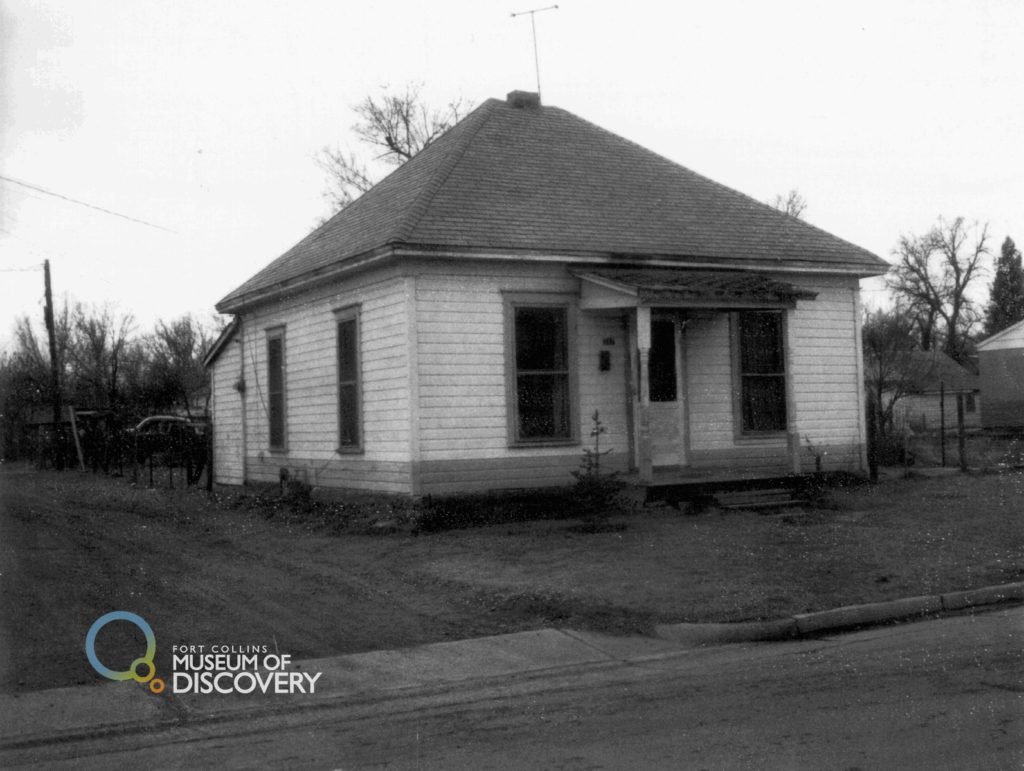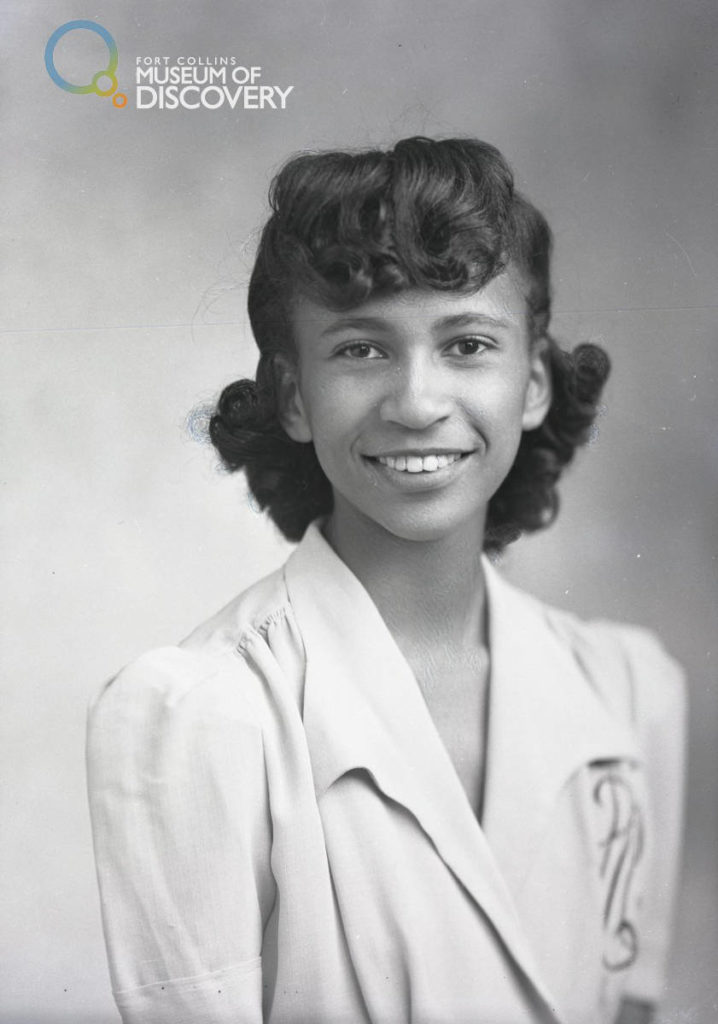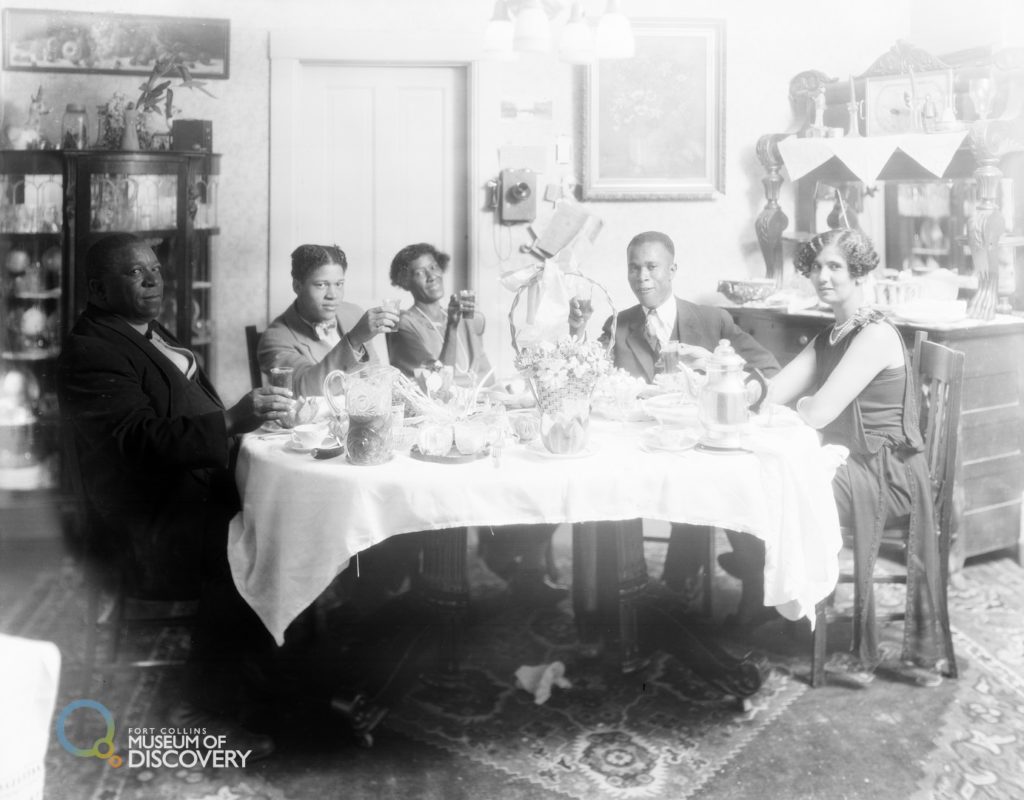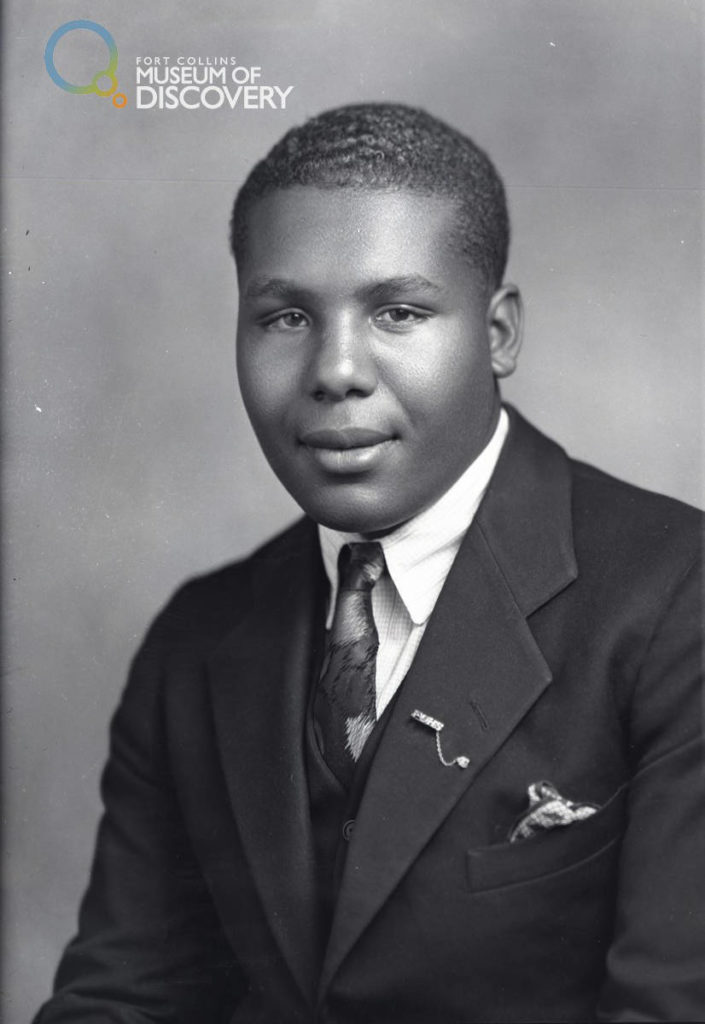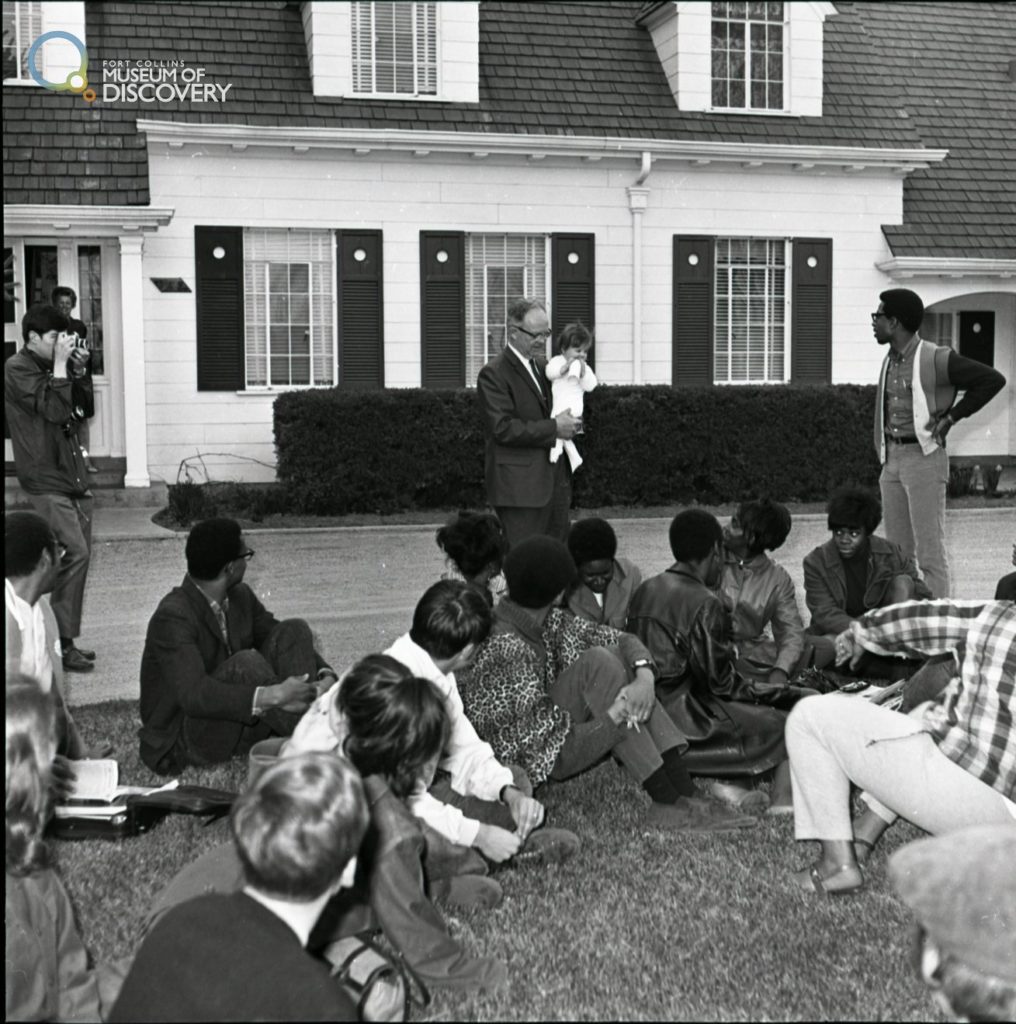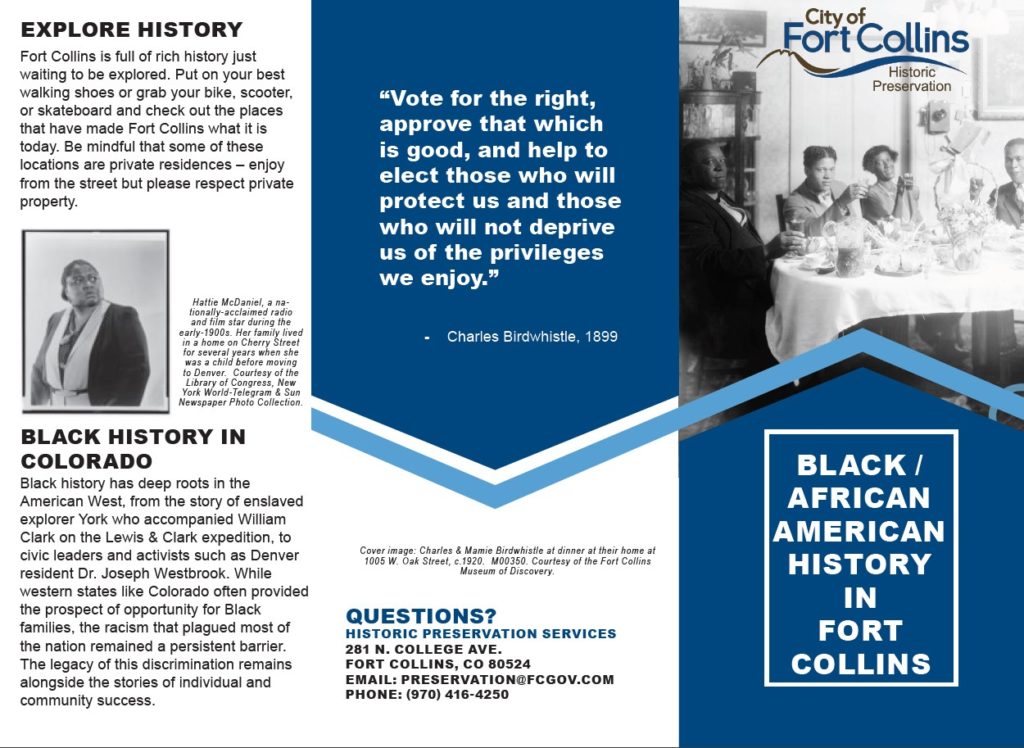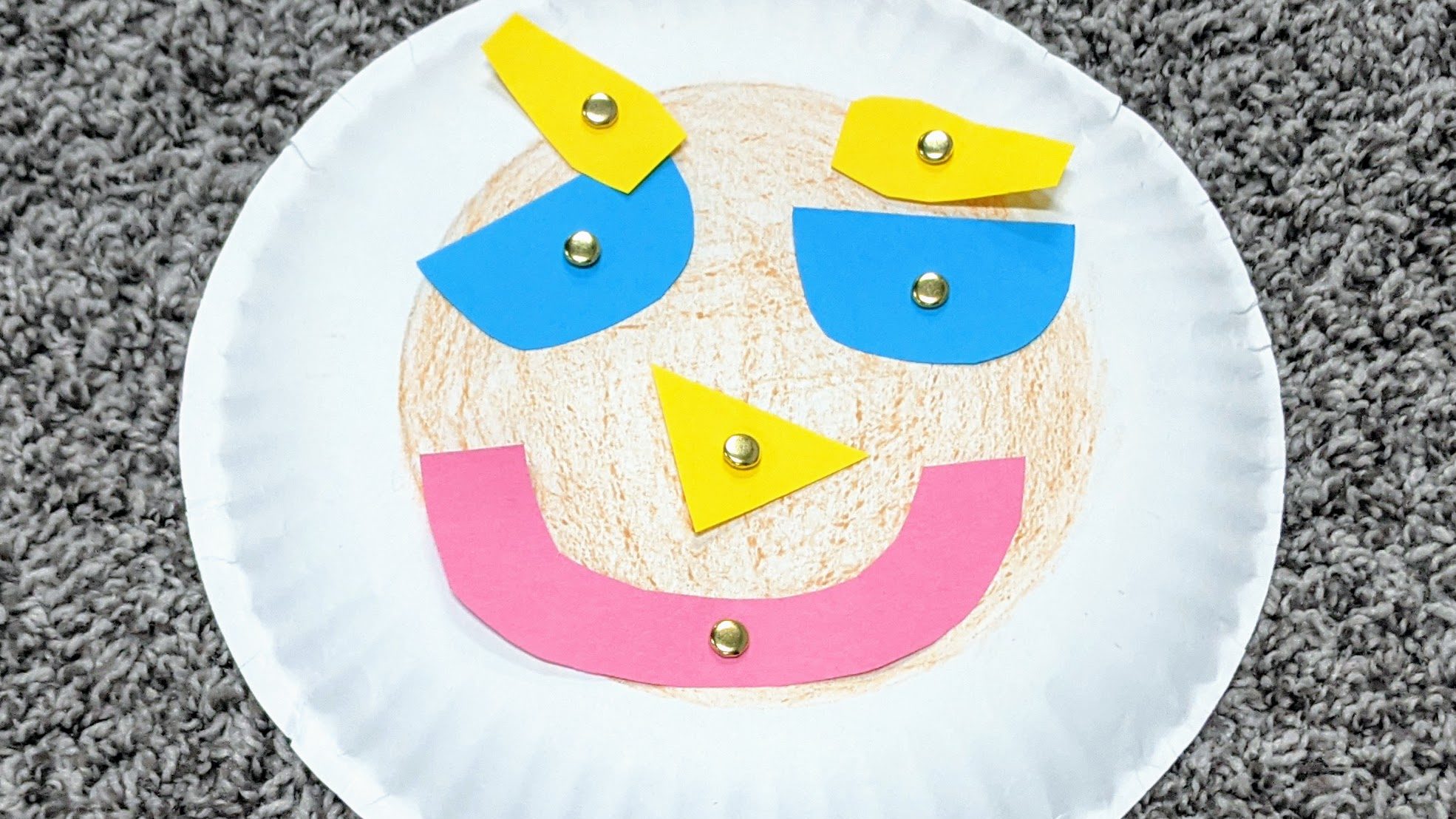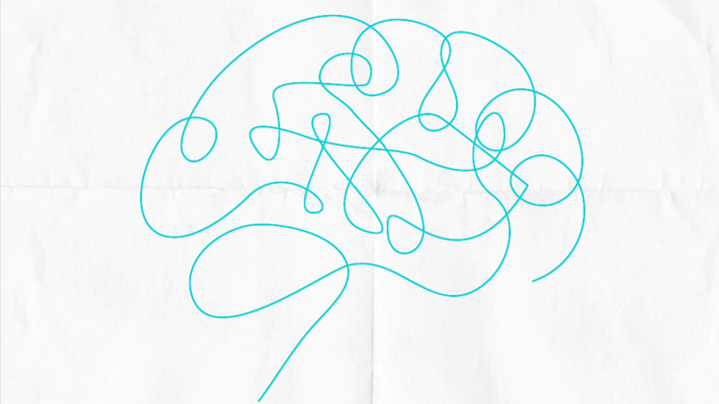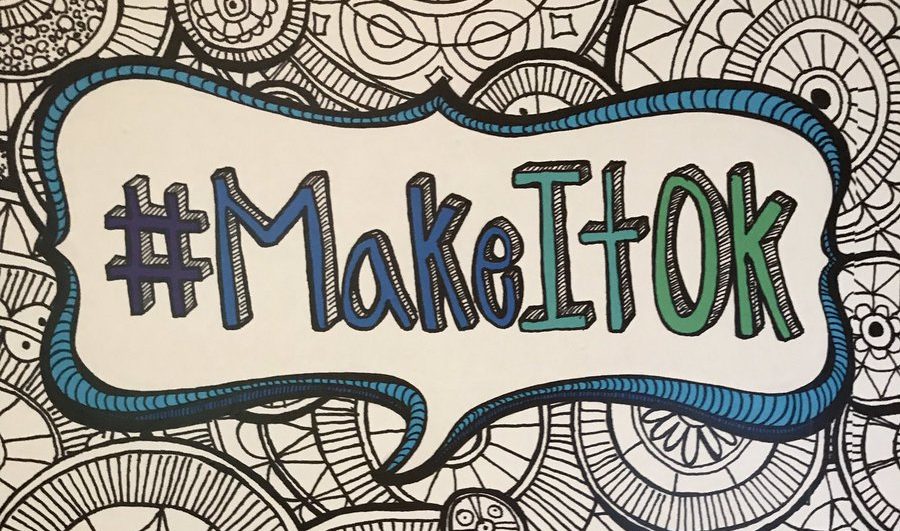As of 2/25 registration has reached capacity.
Thank you for the interest!
Sunday, February 26, 2023 | 2:00-5:00 PM* program starts right at 2
Fort Collins Museum of Discovery
408 Mason Court
Fort Collins, Colorado 80524
Typical libraries offer print books and digital eBooks for check out, but the Human Library® allows participants – or Readers – to borrow a human Book and engage in conversations about their unique stories, particularly their experiences in Fort Collins regarding their identity/identities. The Human Library program creates a safe and non-judgmental environment for curious and often taboo conversations that will challenge prejudices and promote understanding of differences. The program encourages all participants to “unjudge” a human Book by its cover.
As a Reader, you will have the opportunity to check out four human Books, community volunteers who have been subjected to bias, stereotyping, or intolerance due to their lifestyle, race, beliefs, disability, etc. For example, a Reader may wish to converse with a Book who identifies as gay, Black, body artist, wheelchair user, etc. and explore their experiences in our community. The hope is that everyone, Readers and Books, gain new understandings that advance acceptance and inclusion among diverse groups.
Please join us for the Human Library – a safe and non-judgmental forum for people to engage in difficult conversations and gain a deeper understanding of diverse human experiences.
There is no charge for this program. For more information about the Human Library, please visit www.humanlibrary.org.
The Human Library program is sponsored by the City of Fort Collins Office of Equity and Inclusion, the Fort Collins Museum of Discovery, and the Poudre River Public Library District. This program is presented as part of the 2023 Fort Collins BookFest.
“Siendo yo en Fort Collins”
Las bibliotecas tradicionales ofrecen libros, tanto impresos como electrónicos, pero la Biblioteca Humana® permite a sus participantes, o lectores, tomar prestado un libro humano para entablar conversaciones sobre sus historias, particularmente sus experiencias en Fort Collins con respecto a su identidad. El programa de la Biblioteca Humana crea un entorno seguro y sin prejuicios para mantener conversaciones curiosas y, a menudo, tabú que desafiarán los prejuicios y promoverán la comprensión de las diferencias. El programa alienta a todos los participantes a “desjuzgar” un libro humano.
Como lector tendrá la oportunidad de consultar cuatro libros humanos, voluntarios de la comunidad que han sido objeto de prejuicios, estereotipos o intolerancia debido a su estilo de vida, raza, creencias, discapacidad, etc. Por ejemplo, un lector puede conversar con un libro que se identifique como gay, negro, artista del cuerpo, usuario de silla de ruedas, etc. y explorar sus experiencias en nuestra comunidad. El objetivo es que todos, tanto lectores como libros, obtengan nuevos conocimientos que promuevan la aceptación y la inclusión entre diversos grupos.
Acompáñenos en la Biblioteca Humana: un foro seguro y sin prejuicios para que las personas participen en conversaciones difíciles y obtengan una comprensión más profunda de las diversas experiencias humanas.
Domingo, 26 de febrero de 2023
2:00-5:00 PM
Museo del Descubrimiento de Fort Collins
408 Mason Court
Fort Collins, Colorado 80524
Admisión gratuita. Para registrarse, haga clic aquí
Para obtener más información sobre la Biblioteca Humana, visite www.humanlibrary.org.
La Biblioteca Humana está patrocinada por la Oficina de Equidad e Inclusión de la ciudad de Fort Collins, el Museo del Descubrimiento de Fort Collins y el Distrito Bibliotecario Público Poudre River. Se presenta como parte del Festival del Libro de Fort Collins 2023.
Continue Reading
